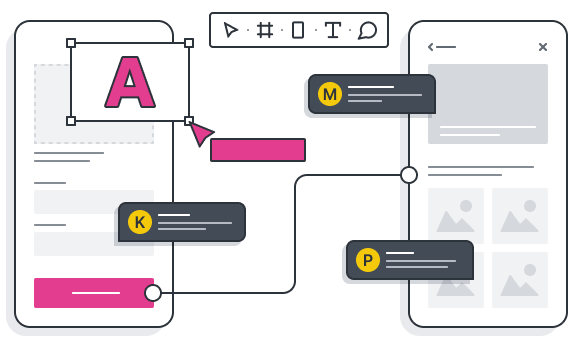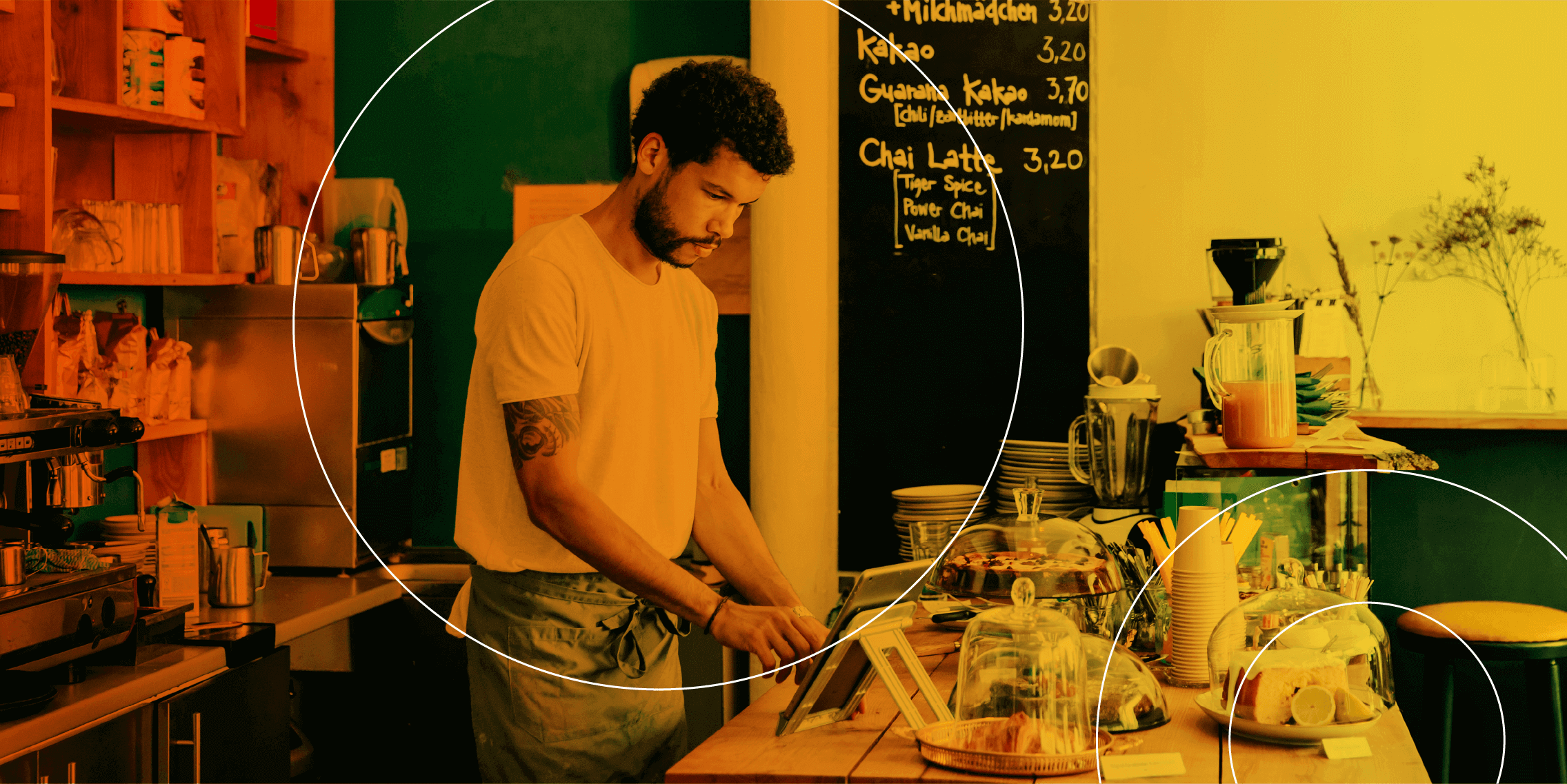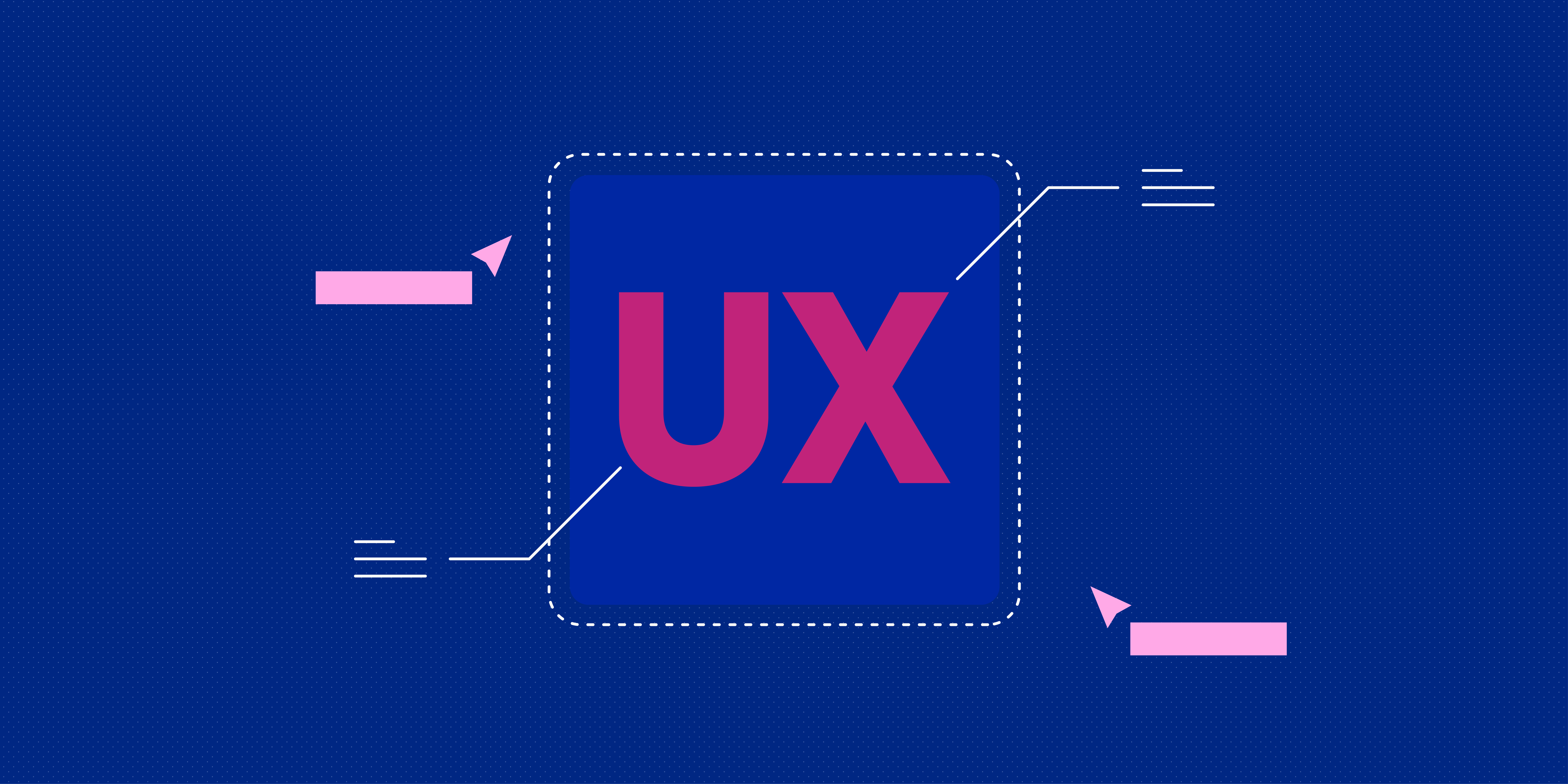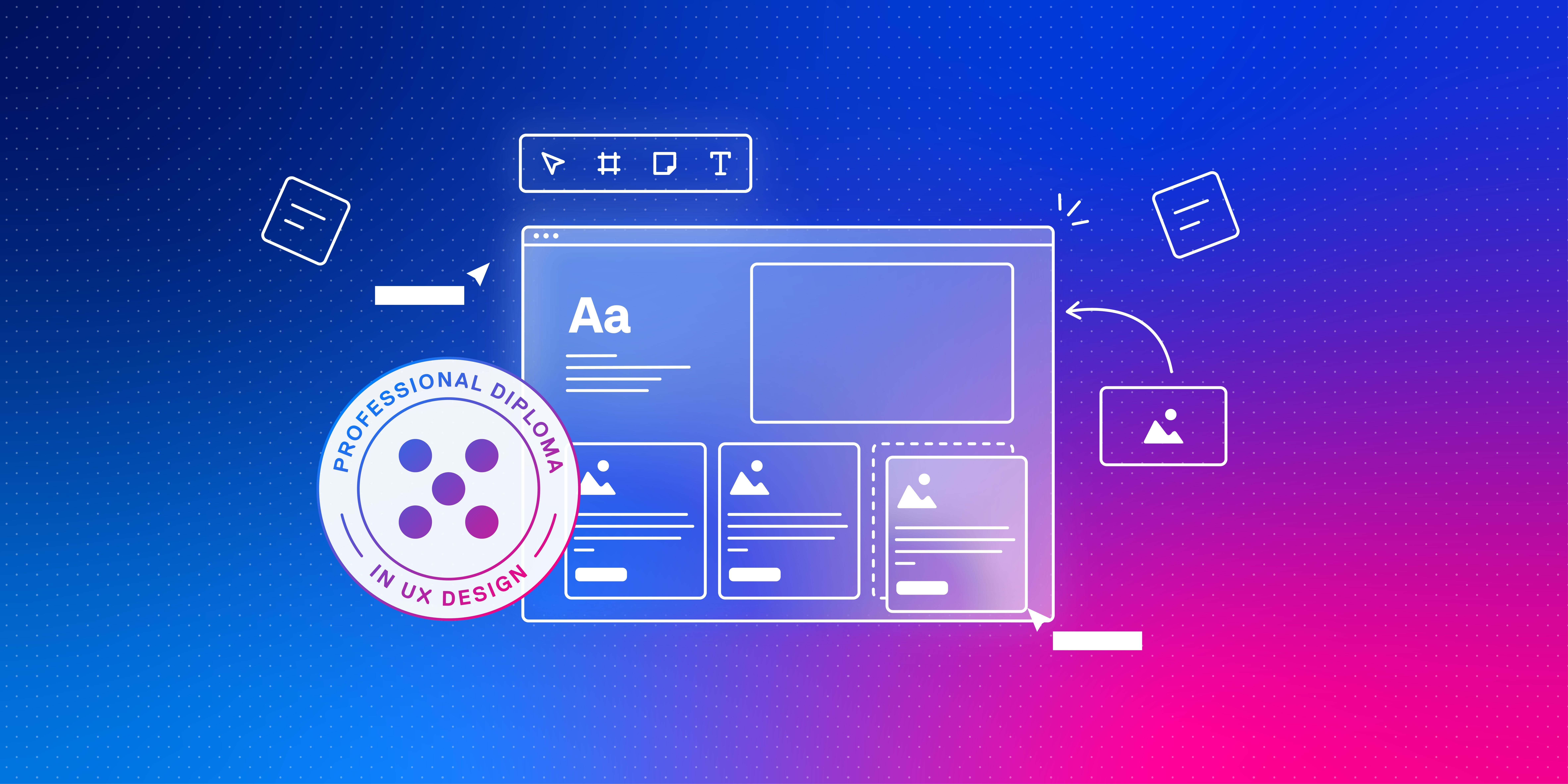One of the biggest perceived barriers that new UX designers face is their lack of related work experience. If your current or previous career path is worlds away from design, crossing over into this brand new field may feel impossible—or extremely daunting at least.
But what if we told you that your unrelated work experience can actually help you in your UX career?
We’ve trained thousands of new UX designers, many of them coming from completely unrelated fields. Often, it’s their ‘irrelevant’ work experience that sets them apart.
They start their UX journey feeling like a blank canvas, but soon discover that they’ve already mastered some crucial UX skills—or that they have some unique experience or insight that makes them a great UX designer.
Here’s why your unrelated work experience is actually very valuable if you want to become a UX designer:
- Your last job(s) taught you essential soft skills
- You’ve got unique knowledge of a specific industry (an industry which needs UX designers)
- You’ve got the advantage of a fresh perspective (that’s your UX superpower!)
- You’re learning UX from scratch—which means your new skills and qualifications are up-to-date and super relevant
- The UX industry is full of career-changers who will recognise your value
Keep reading to learn more—and take inspiration from some of our favourite UX career-change success stories at the end.
1. Your unrelated work experience taught you essential soft skills
Many of the most important UX designer skills are soft skills.
Browse UX designer job ads and you’ll find that most of them ask for things like ‘the ability to work in a team and communicate with stakeholders’, ‘the ability to multitask and prioritise’, and ‘providing constructive and actionable feedback.’
You’ll also find a lot of emphasis on curiosity and learning, showing initiative, great attention to detail, and problem-solving.
How many of those skills are UX-specific? None of them! You’ve acquired at least one or two of those key soft skills in your lifetime—which means you already possess some essential UX design skills.
Learn more about what skills you need to be a UX designer.
2. Your unrelated work experience has given you unique knowledge of a specific industry…an industry which needs UX designers
Another interesting thing about UX job ads is that they don’t just ask for soft skills and UX-specific know-how. They almost always mention that knowledge of a specific industry is a plus.
Take this job ad for a UX designer role at Holland & Barrett (the health food chain) which asks for ecommerce and/or retail experience:
You’ll find job ads for UX designers in all sorts of industries and sectors—finance, automotive, healthcare, education, publishing, government, insurance, beauty, fashion…wherever there’s a product or service and a target customer, there’s a need for UX designers.
And, while you may be new to UX design, you probably have some unique insight into a particular industry as a result of your previous career. This niche knowledge and experience will serve as a major USP when applying for UX jobs.
3. Your unrelated work experience gives you the advantage of a fresh perspective
If you consider what UX stands for and what it actually means, it’s a discipline that benefits from new and diverse perspectives. It relies on them, in fact.
At its core, UX is about understanding the needs of different users and designing solutions to their problems. As a UX designer coming from an unrelated field, you automatically bring the value of a fresh perspective. You’ll have a different take on things compared to someone who’s only ever worked in UX, or who’s been in the field for many years. This allows you to consider UX problems from a different angle—and to offer new and unique approaches to solving those problems.
Don’t think of your ‘unrelated work experience’ as something you’re lacking. Reframe it as an asset; the unique and valuable perspective you can bring to the role.
4. You’re learning UX from scratch…which means your new skills and qualifications will be super relevant
If you’re coming from an unrelated field, you’ll be learning UX design from scratch—presumably via an online course or bootcamp with an up-to-date curriculum. This actually serves as a huge benefit: you’ll be trained in line with current market needs and challenges.
UX design is about bridging the gap between human users and technology. It’s about making digital products usable and accessible. As such, UX has always been a fast-moving and ever-evolving field—and now, as global digital transformation accelerates, it’s more important than ever for UX designers to keep up.
Newly-trained UX designers are taught to navigate the UX world as it is right now. They’re equipped to tackle current UX challenges and to leverage the most up-to-date methods, practices, and tools.
If a hiring manager can see that you’ve recently completed rigorous, high-quality UX training, they’ll feel confident in your abilities to break into—and adapt to—the fast-paced world of UX.
Of course, it’s important to bear in mind that not all UX qualifications will instil this confidence. You’ll need to train with a reputable provider who employers will recognise as credible. Consider a university credit-rated UX certification to ensure you’re getting legitimate UX training.
5. The UX industry is full of career-changers who will recognise your value
You might think that, as a newly qualified UX designer without any relevant experience, you’ll stick out like a sore thumb in the job market. But actually, the UX industry is full of career-changers just like you.
This is partly due to the multidisciplinary nature of the field. UX relies on a broad and diverse mix of skills, and it’s steeped in a variety of disciplines—technology, business, psychology, research, data analysis, visual design…to name a few. Because of this, it tends to draw people from all different kinds of professional backgrounds.
At the same time, it’s important to remember that UX is relatively new—hard to imagine considering how big it is today. The term ‘user experience’ wasn’t coined until the early 90s, and it’s only in recent years that businesses have truly begun to recognise the value of UX.
Because UX design hasn’t been around for all that long, it’s actually quite common for UX designers to come from different fields. Not only common, but widely accepted and valued by those in the industry.
In reality, UX hiring managers are used to seeing applicants with all different professional backgrounds—and they’re primed to see the value in your ‘unrelated’ experience. As long as you know how to reframe your previous experience and use it to your advantage, you’ve got every chance of success as a new UX designer.
Why your ‘unrelated’ work experience is valuable for UX: The takeaway
As we’ve highlighted throughout this post, your ‘unrelated’ work experience comes with lots of hidden value. Here’s a recap of how your non-design background can actually help you forge a successful career in UX:
- Your previous jobs and/or career path will have taught you essential soft skills which you’ll also need as a UX designer
- You’ve gained first-hand knowledge of a specific industry (or several), often cited as a bonus on UX job ads
- It gives you the advantage of a fresh perspective, which can make you a better problem-solver
- It compels you to learn UX from scratch, equipping you with up-to-date training which is highly relevant for the current world of work
- Your ‘unrelated’ experience will resonate with UX hiring managers—simply because the UX industry is full of career-changers just like you
UX career-change success stories to inspire you
Need an extra dose of inspiration for your career change? Here are some successful UX career-changers who have already taken the leap. Note that they all started out in unrelated fields before breaking into UX.
- Charlotte Chen—from no design background to product designer at DuoLingo
- From customer care to UX: Chih’s career-change story
- Anthony’s switch from software development to UX design
- From hotel receptionist to UX designer: Vesna’s story
- How Azeem transitioned from business analyst to UX designer
Breaking into the UX industry: More career-change tips and resources
We hope you leave this article feeling confident in your value as a new UX designer. For more advice on how to successfully break into the field and stand out in the UX job market, check out these guides:
- The ultimate guide to UX networking (and 5 tips for success)
- What do hiring managers look for in a UX portfolio?
- The expectations of a junior UX designer (a guide to help you prepare for your first job)
- Where else could a career in UX take you? 5 in-demand tech jobs that UX designers can move into
- The most helpful UX CV and cover letter templates
You’ve got this!





